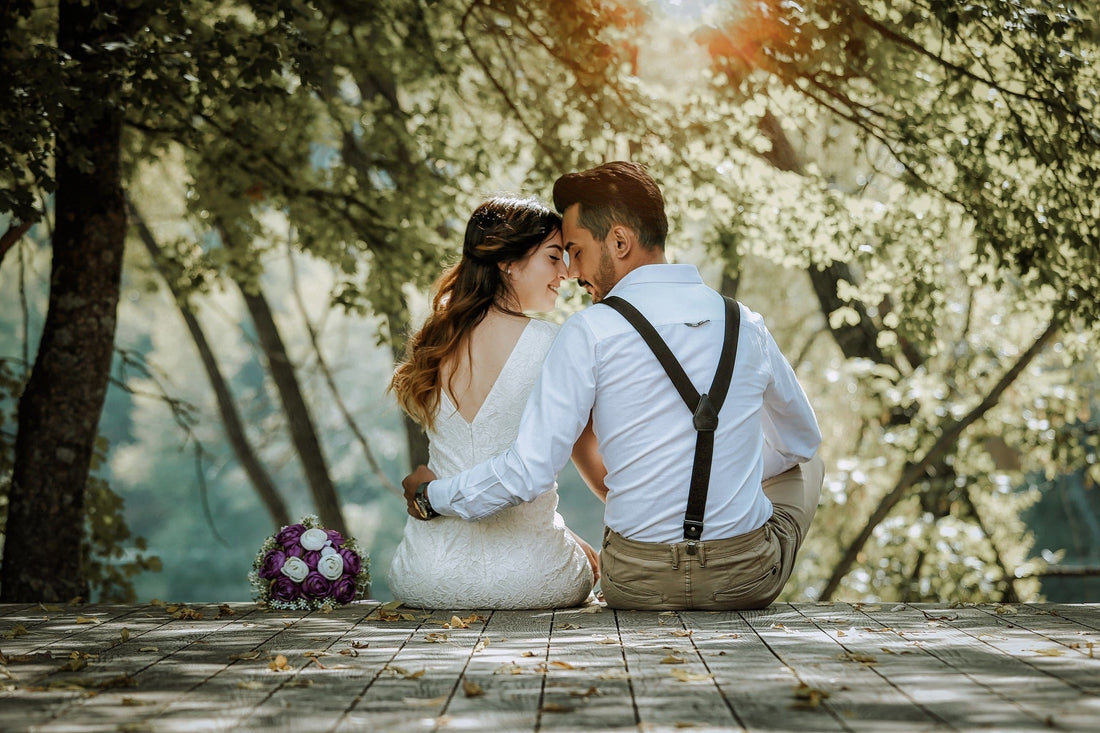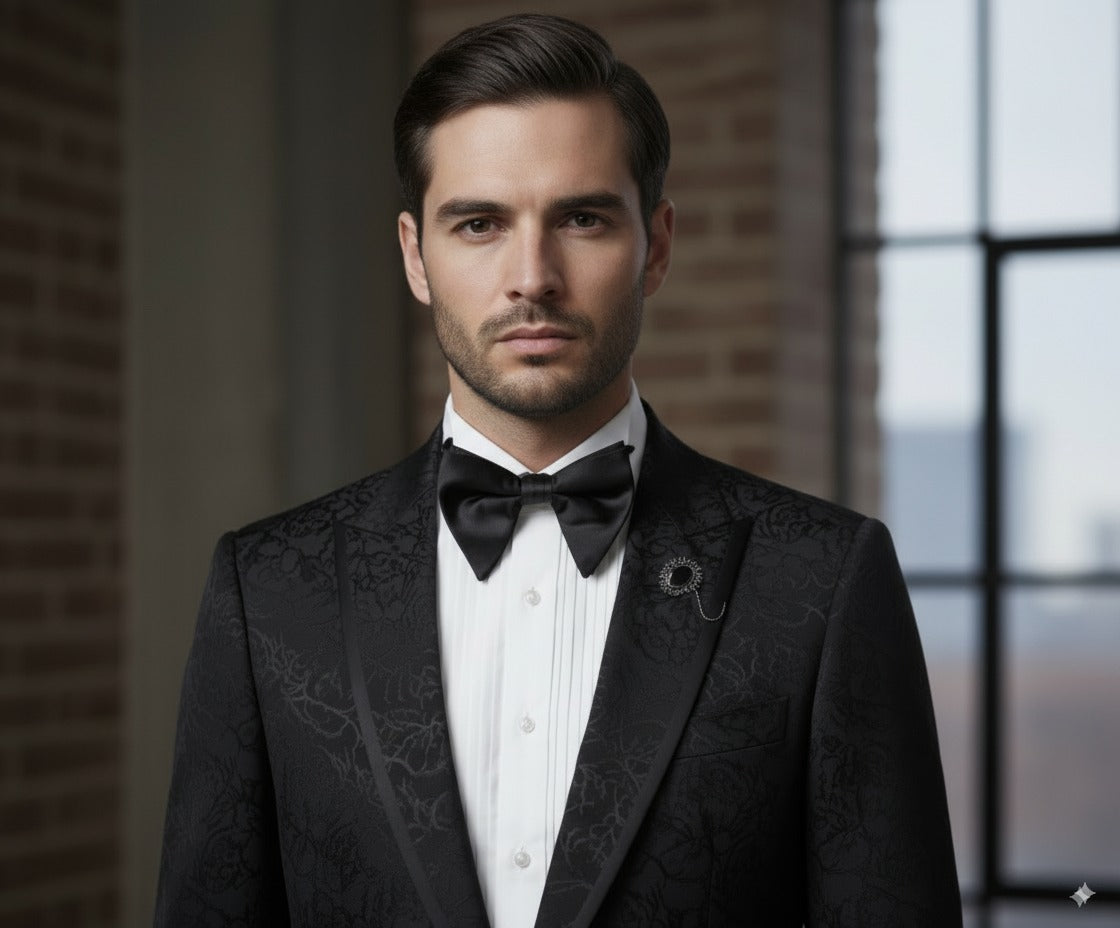
What do the new regulations mean for weddings: England?
Share
If you're among the 71% of couples postponing your wedding due to Covid restrictions, you're not alone – even if the process is less than pleasant. It's estimated that around 12,500 weddings have been cancelled each week. The restrictions on weddings have impacted over 60,000 wedding businesses and over 400,000 wedding workers in this £14.7 billion sector. Many in the sector have been unhappy that specific guidance hasn't been addressed but the government in its recent Monday, 14 June 2021 announcement has provided a little more clarity. Here's what the new regulations mean for weddings in England after 21 June 2021.
Wedding numbers
- No maximum number cap for attendees – that means you're no longer required to keep your guest list under 30; however, your venue or outdoor space has to conduct a Covid-19 risk assessment and the maximum number can be dictated by your venue – get in touch with your venue to see how many guests your location can safely accommodate with social distancing measures in place to limit the spread of Covid-19
Where weddings can take place
- Your wedding must take place in a Covid-secure venue
- For other venues such as a garden or private home or on private land, organisers need to complete a Covid-19 risk assessment to determine the number of guests who can attend to make the venue as safe as possible
- Marquees or other structures in gardens or private homes must have at least 50% of its walled area open at any time to be classed as 'outdoors' and the limit is based on safe capacity as determined by your risk assessment
- Weddings cannot take place indoors in private dwellings unless for urgent purposes such as one of the couple is seriously ill and not expected to recover – these private weddings can accommodate up to 30 people, including enclosed structures in private homes and gardens
Measures still in place from prior to 21 June
Foodservice
- Some ceremony and reception restrictions remain in place, including Step 3 requirement on table service, face coverings, social distancing, and restrictions on dancing, and singing
- So, this means that food must be served at a table and table service is still in place
- If you have a food truck, food trucks are allowed but the food must be brought to the table unless there is no alcohol served at the wedding where food must still be consumed at a table
- All food and drink must be consumed at a table, including when outside
Music and dancing
- DJs and music are allowed
- Dancing is advised against
- Couples may have their first dance, which is the only exception
- Dance floors are banned
- All dance floors must remain closed
- Venues with fixed dance floors must re-purpose their dance floor
Masks and social distancing
- The guidelines specify that all guests must be able to socially distance if they want to
- Wedding speeches must be given in a ventilated area so people do not have to raise their voices and PA systems are encouraged
- When not eating or drinking, everyone must wear a mask
- The exception to mask-wearing is during the marriage ceremony where the couple and the officiant do not have to wear a face-covering
- Guests do not have to be socially distanced (unless they choose to) or be on tables of 6 only
- The bridal party can choose to walk down the aisle if indoors but must wear face coverings
- The total capacity for venues encompasses anyone in the room, including suppliers, officiant, serving staff, band, DJ, photographer, the wedding planner, the couple, the guests, and children of all ages but doesn't include suppliers who won't be in the room on the day such as a florist and kitchen staff
We will keep you updated on any new developments and our thoughts are with couples who have had to postpone and reschedule multiple times. If you need to order a suit for your special day, get in touch with our talented tailoring team.

